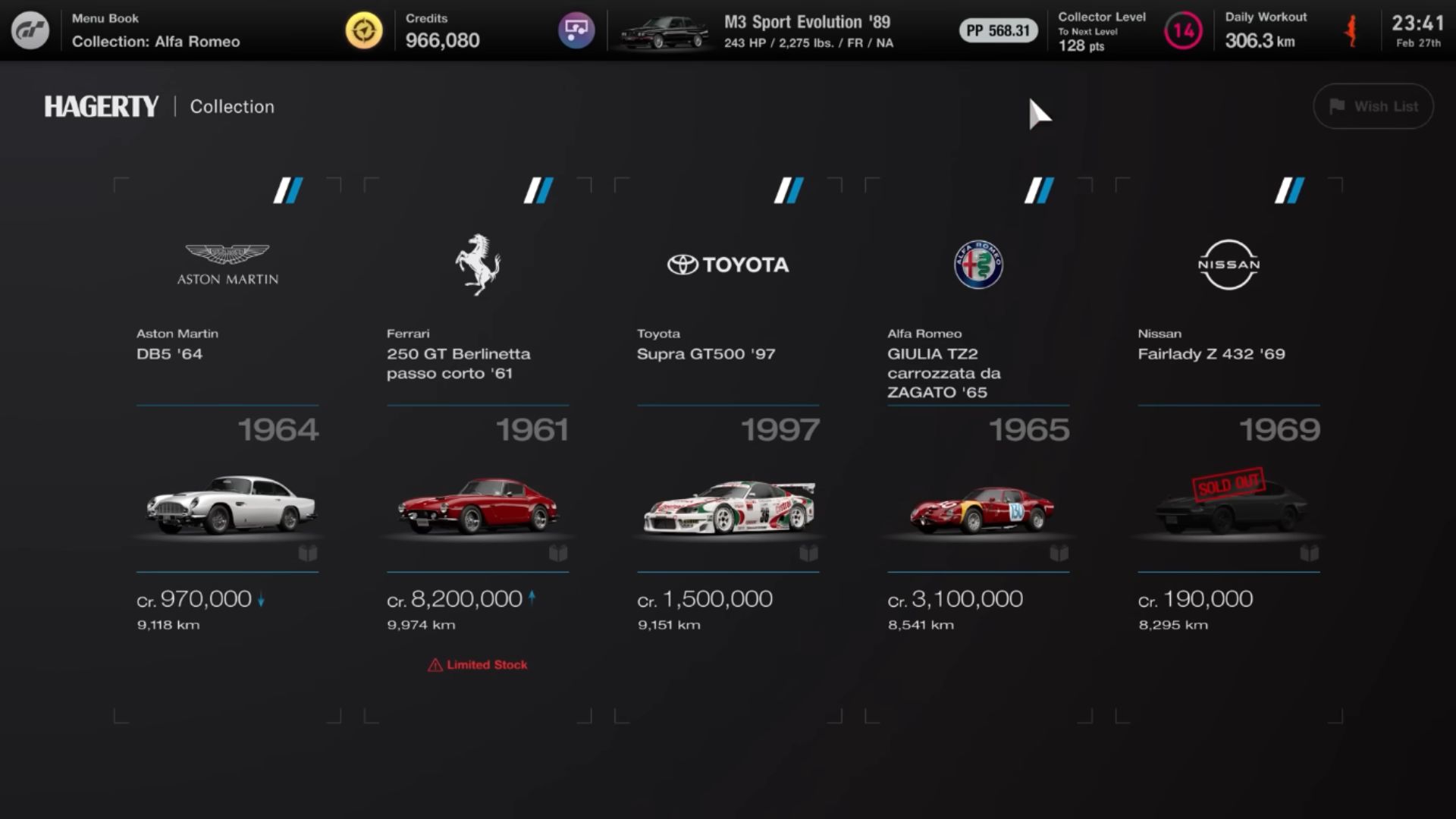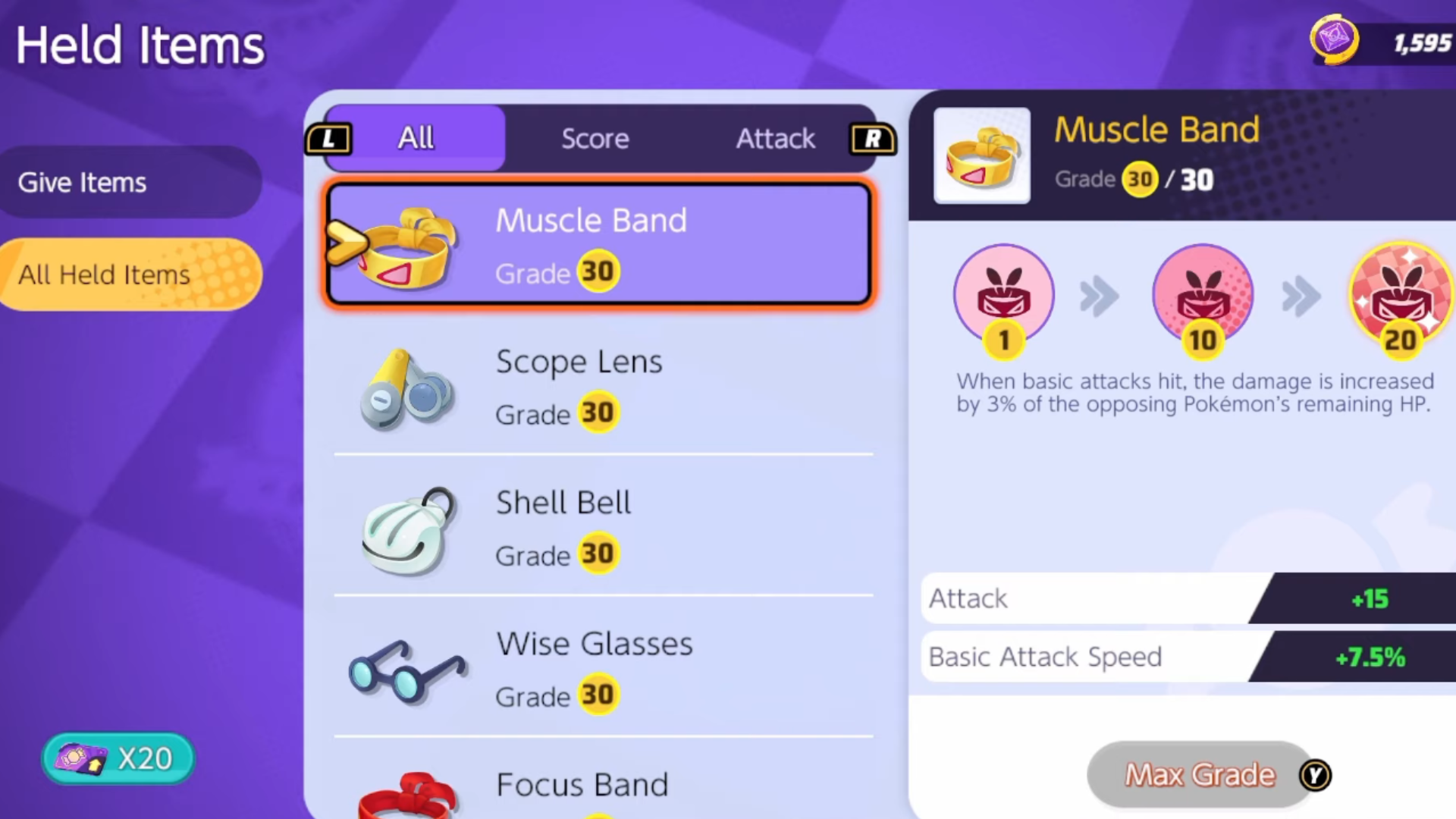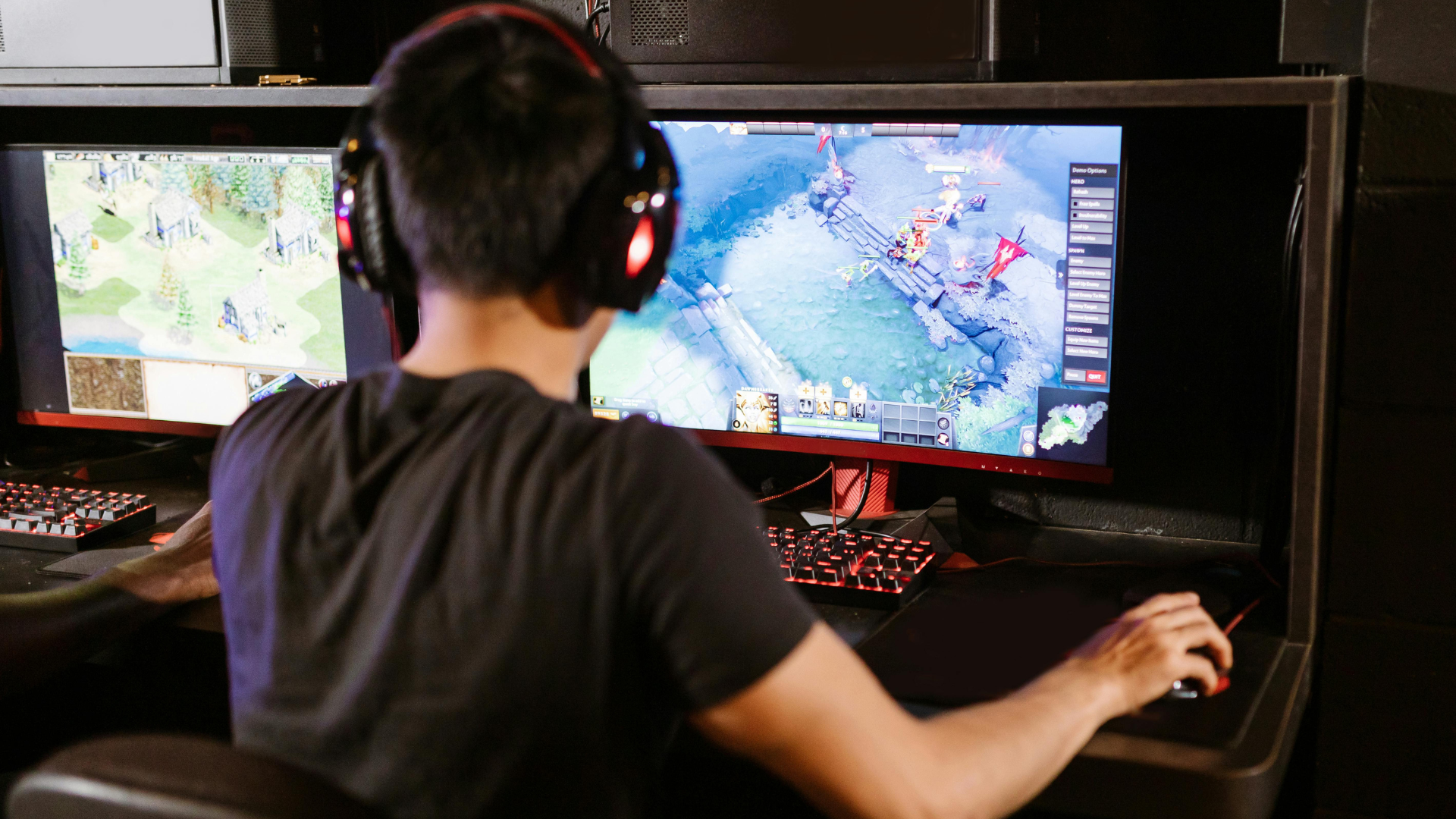When Fun Took A Hit
Not everyone fired up their favorite game expecting to be asked for spare change at every corner. But over time, in-game purchases evolved from optional extras into frustrating obstacles that drain wallets and put a price on fun. Game publishers pushed the limits—and sometimes crossed the line completely. Here, we break down the 20 worst offenders that turned fun into frustration.
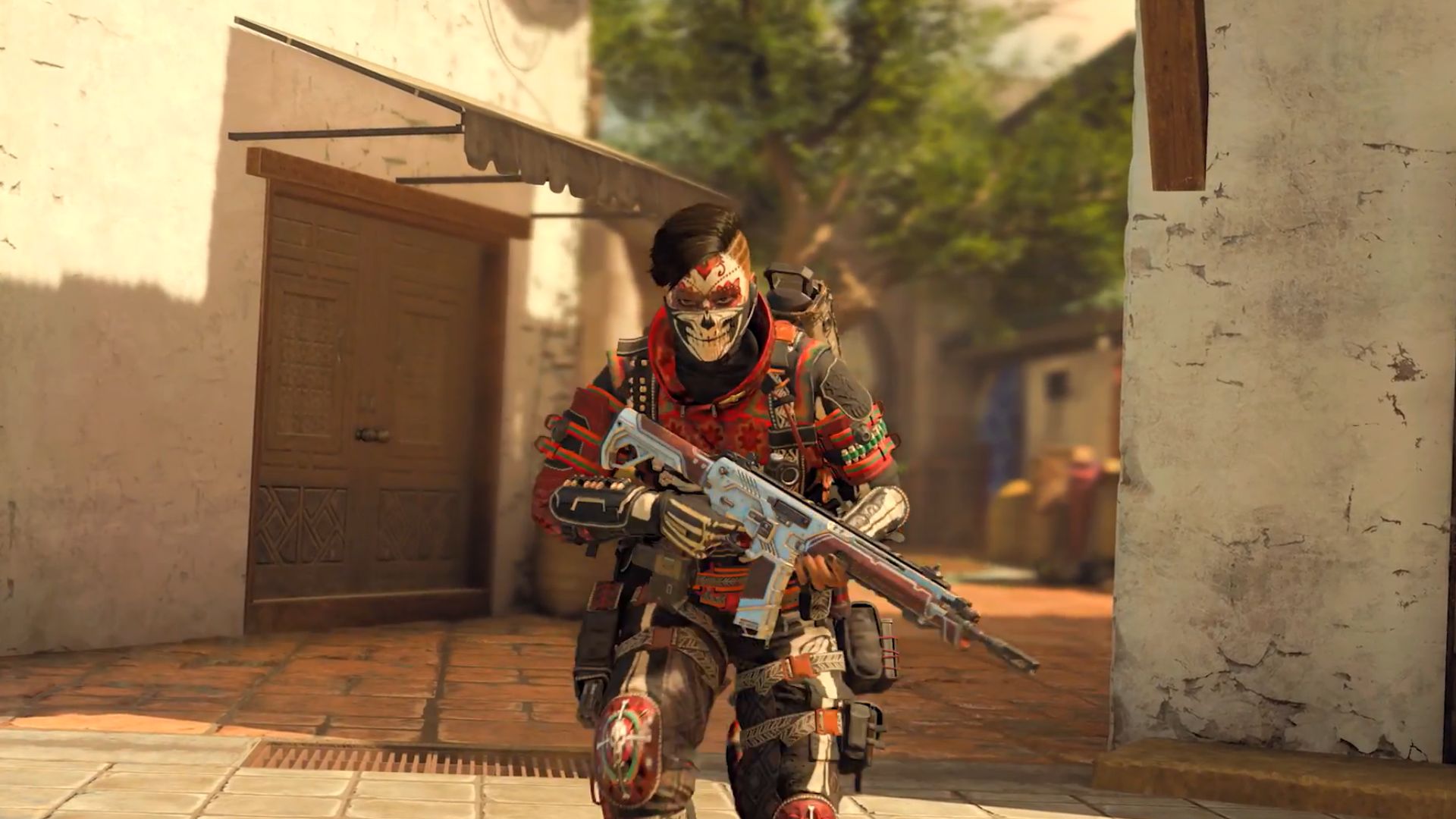 Official Call of Duty®: Black Ops 4 - Black Market Tutorial by Treyarch
Official Call of Duty®: Black Ops 4 - Black Market Tutorial by Treyarch
1. Star Wars Battlefront II Paywall For Iconic Heroes
When EA dropped Battlefront II in 2017, players discovered Darth Vader and Luke locked behind 40+ hours of grinding or premium currency. That was infuriating. The controversy exploded, prompting EA to temporarily remove microtransactions before reintroducing them with modifications.
![]() PAYWALL PAY TO WIN Facts - Star Wars: Battlefront 2 by LastStandGamers
PAYWALL PAY TO WIN Facts - Star Wars: Battlefront 2 by LastStandGamers
2. Oblivion's Infamous Horse Armor
Bethesda's $2.50 horse armor DLC galloped into infamy in 2006. Though purely cosmetic, it symbolized the beginning of paid add-ons in single-player games. This glittering saddle became gaming's first major microtransaction scandal—and a textbook case of how not to do DLC.
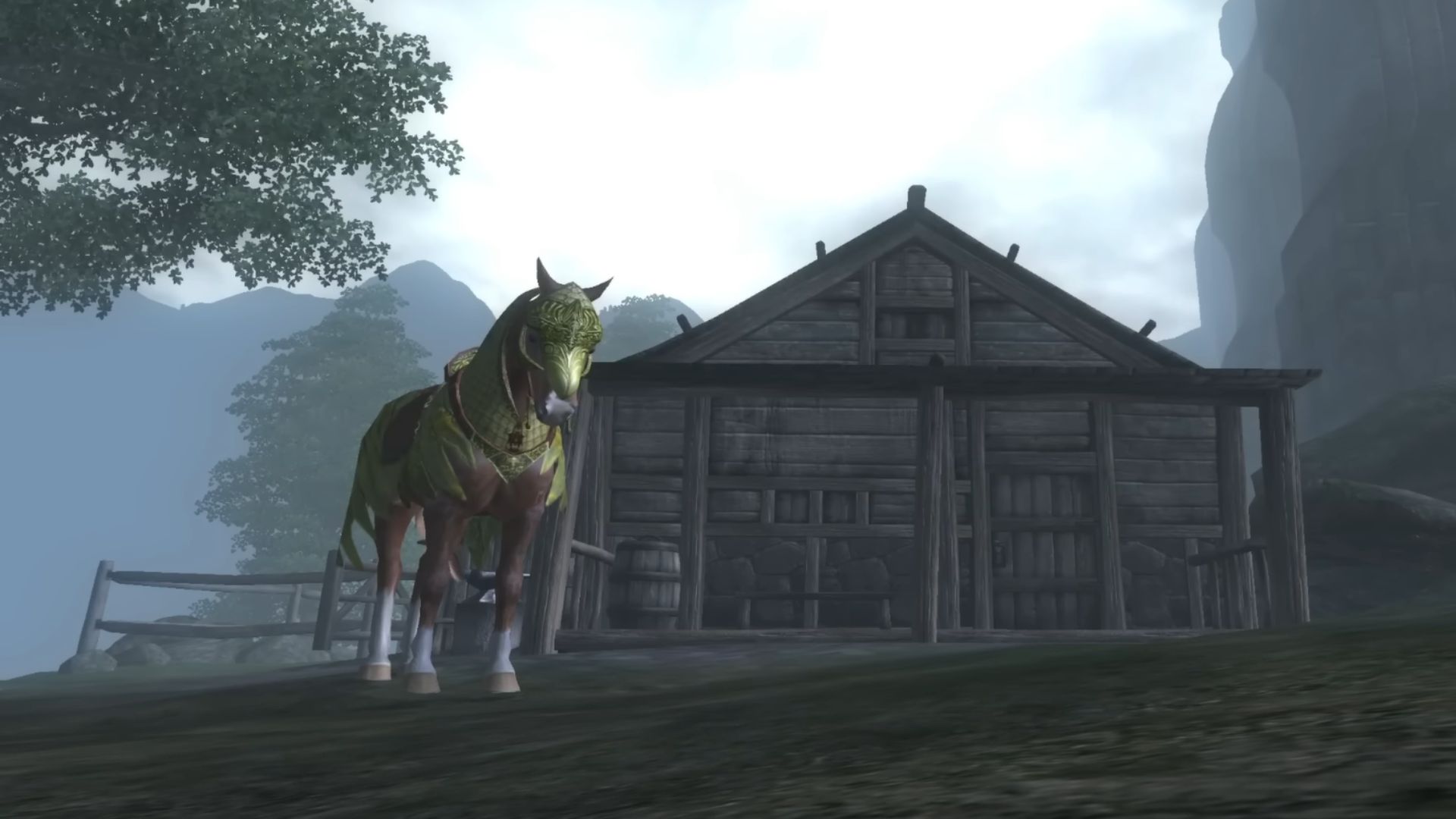 The "Infamous" Story of Oblivion's Horse Armor & Spell Tomes Expansions! by A Bard's Ballad
The "Infamous" Story of Oblivion's Horse Armor & Spell Tomes Expansions! by A Bard's Ballad
3. FIFA Ultimate Team's Annual Reset
EA doesn't carry over your Ultimate Team each year—your packs and coins vanish when a new FIFA launches. Since 2009, this reset cycle has quietly drained players' wallets. In 2021 alone, Ultimate Team generated nearly 30% of EA's entire revenue stream.
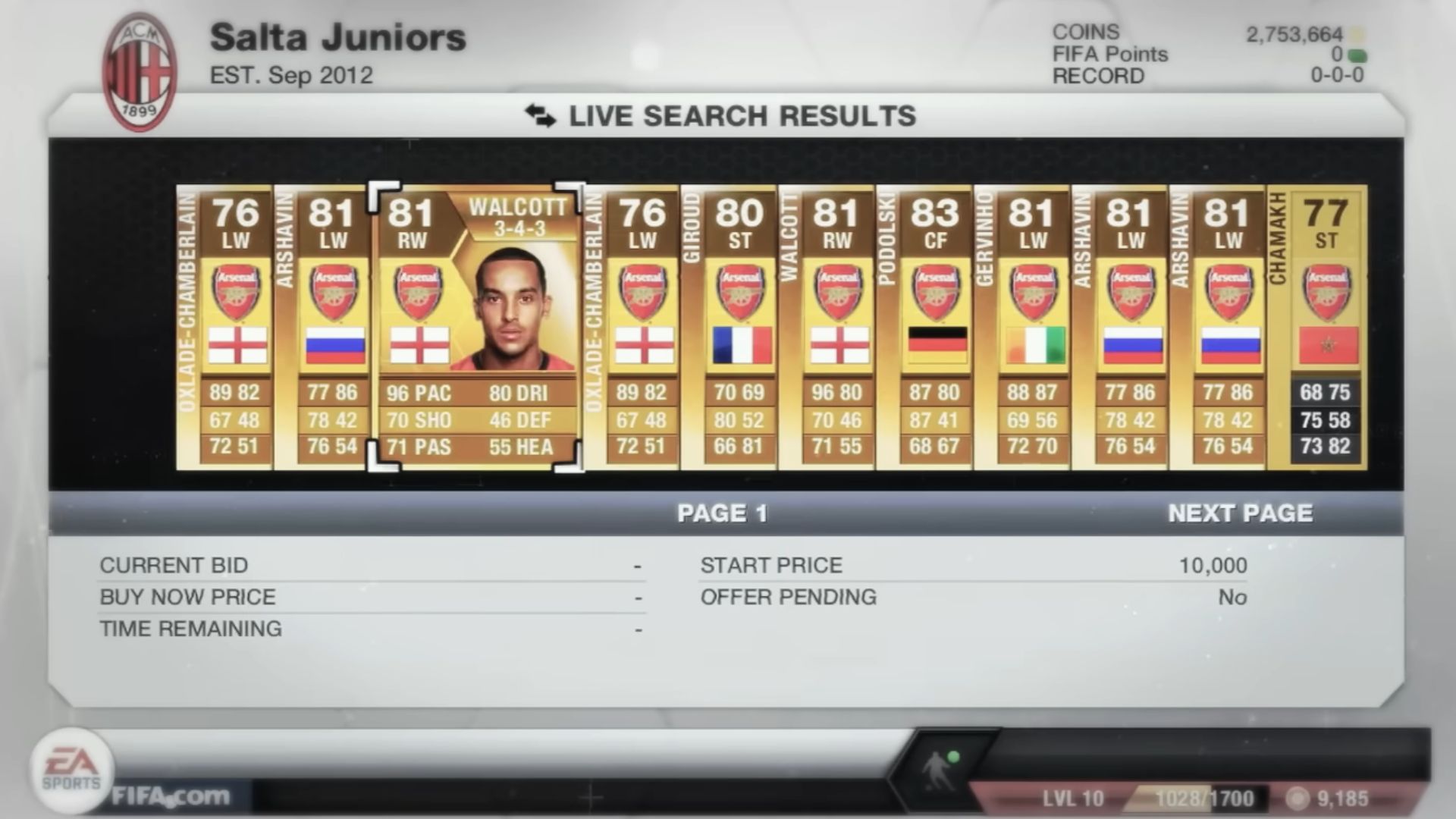 How Ultimate Team Destroyed The FIFA Game Franchise by Phat Memer
How Ultimate Team Destroyed The FIFA Game Franchise by Phat Memer
4. NBA 2K18’s Aggressive Pay-To-Win System
Released in 2017, NBA 2K18 blurred the line between simulation and spending spree. Players had to purchase Virtual Currency just to boost stats or access hairstyles. Earning VC through gameplay felt glacial. This sparked an outcry and review bombs across platforms.
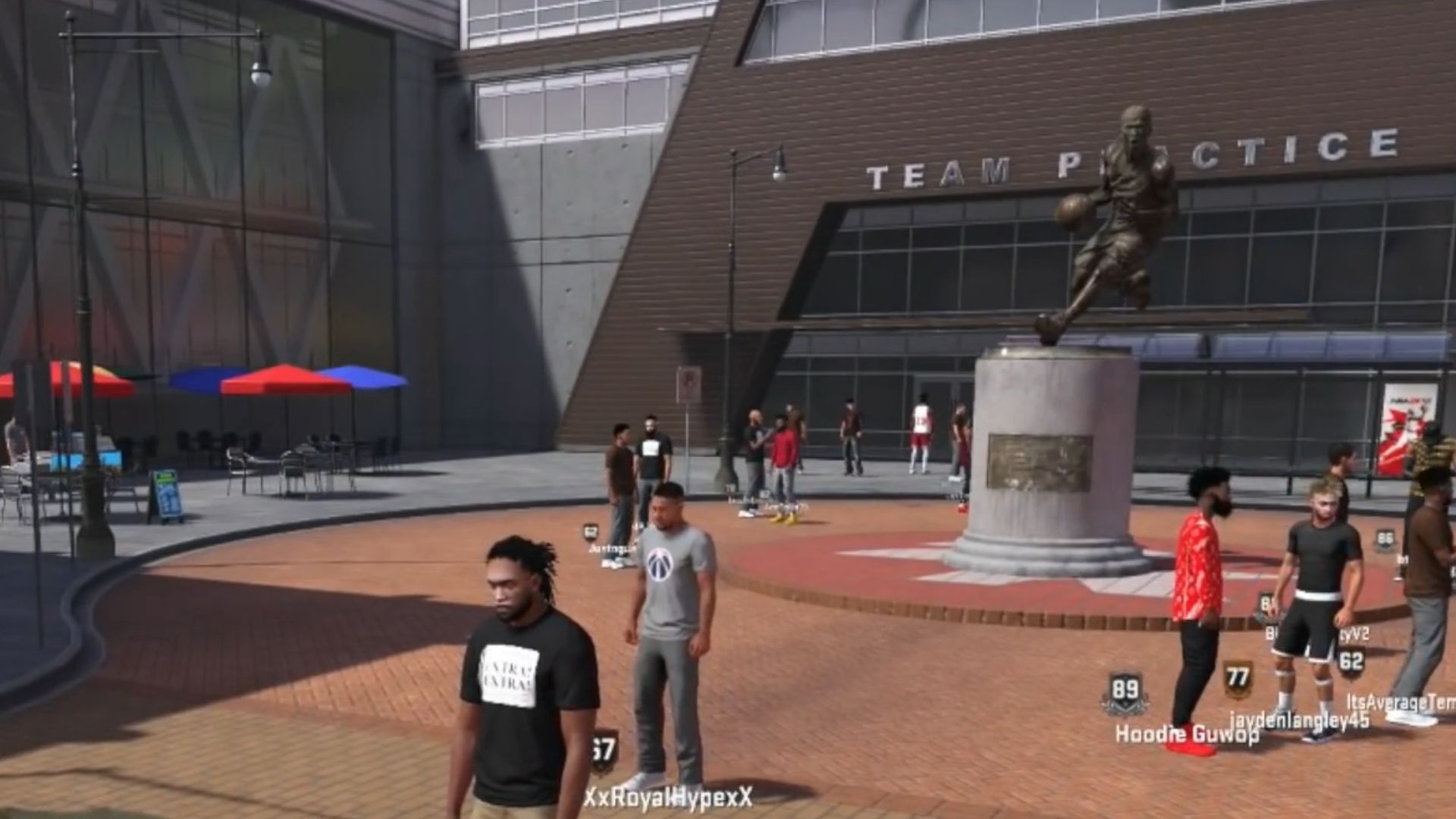 NBA 2K18 IS OFFICIALLY PAY TO WIN | NEED TO FOCUS ON QUALITY by Brutalsim Da Guru
NBA 2K18 IS OFFICIALLY PAY TO WIN | NEED TO FOCUS ON QUALITY by Brutalsim Da Guru
5. Gran Turismo 7's $200 In-Game Cars
One of 2022’s most controversial updates was the cost of owning a car. GT7’s legendary vehicles demanded brutal grinding or real-world spending exceeding $180. Following widespread complaints, Sony tweaked the economy in a patch that same month.
6. Dungeon Keeper Mobile's Time-Based Exploitation
Back in 2014, EA turned a beloved PC classic into a waiting simulator. In Dungeon Keeper Mobile, building even a basic room could take 24+ hours unless you paid gems. It got so bad that the UK banned one of its ads for misleading players.
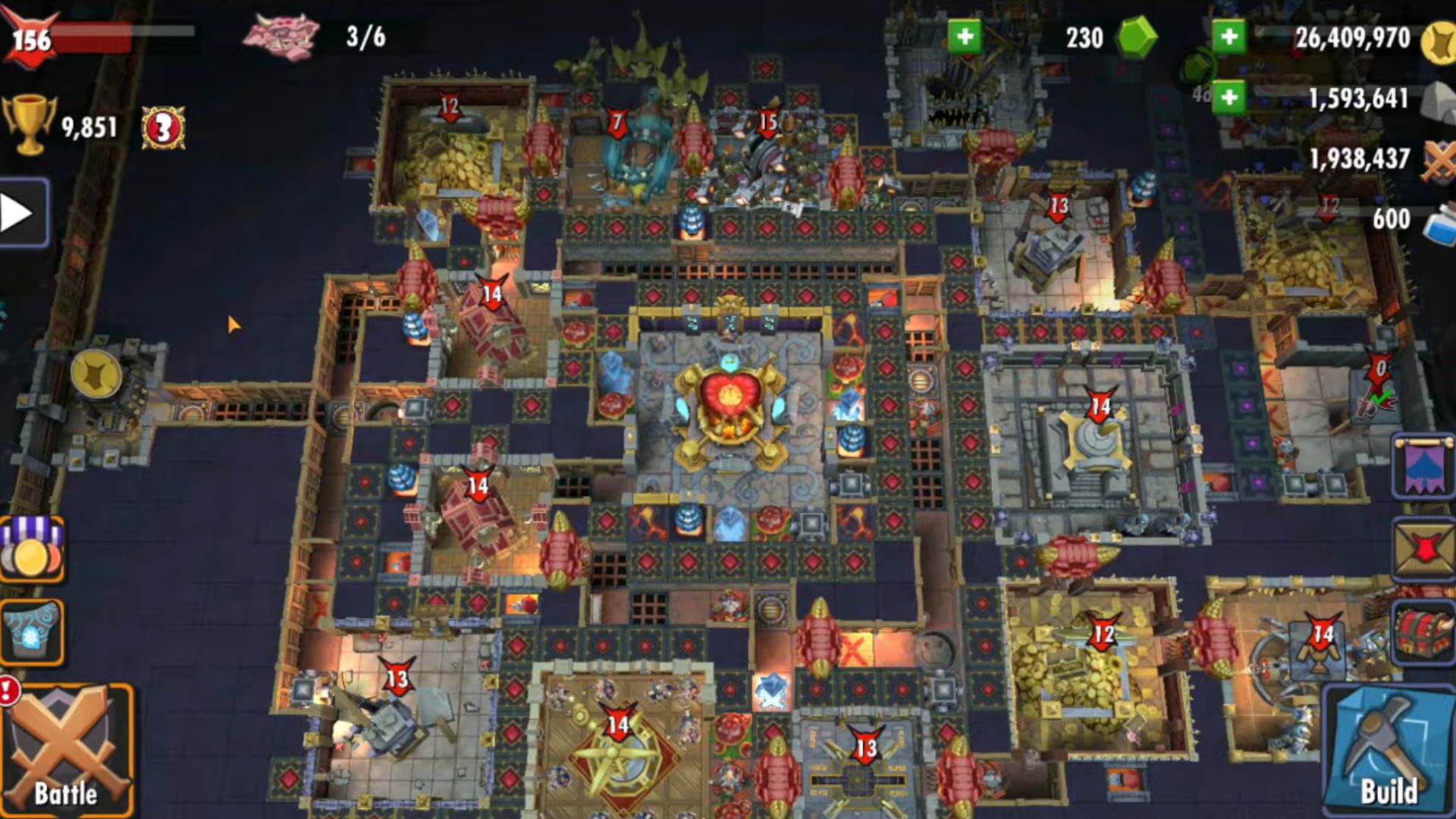 JReviews - Episode 12 - Dungeon Keeper Mobile by hockland
JReviews - Episode 12 - Dungeon Keeper Mobile by hockland
7. Middle-Earth Shadow Of War True Ending Behind Paywall
Players battled orc armies for hours, only to find the game’s true ending locked behind tedious stronghold grinds or loot box purchases. Warner Bros. over-monetized Tolkien’s world in 2017, but after a year of backlash, the studio removed the system.
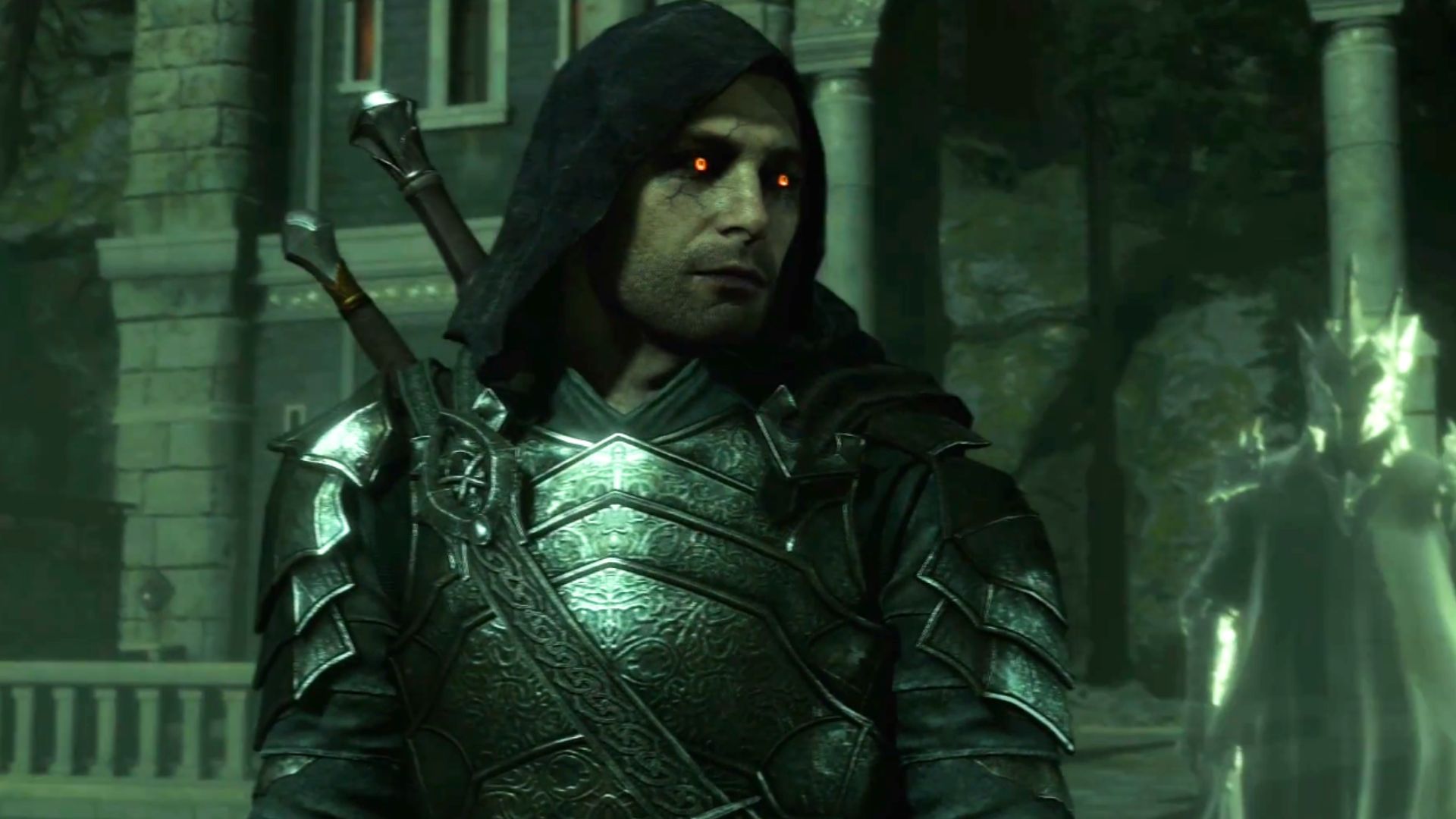 Middle-Earth: Shadow of War - True Ending by AnonymousAffection
Middle-Earth: Shadow of War - True Ending by AnonymousAffection
8. Call Of Duty Black Ops 4’s Premium Cosmetics
Cosmetic packs in Black Ops 4 were pricey and egregious. Some bundles hit $30, and the $2 red dot sight became infamous. With no single-player campaign to anchor value, the game leaned hard into monetizing aesthetics, leaving fans feeling exploited.
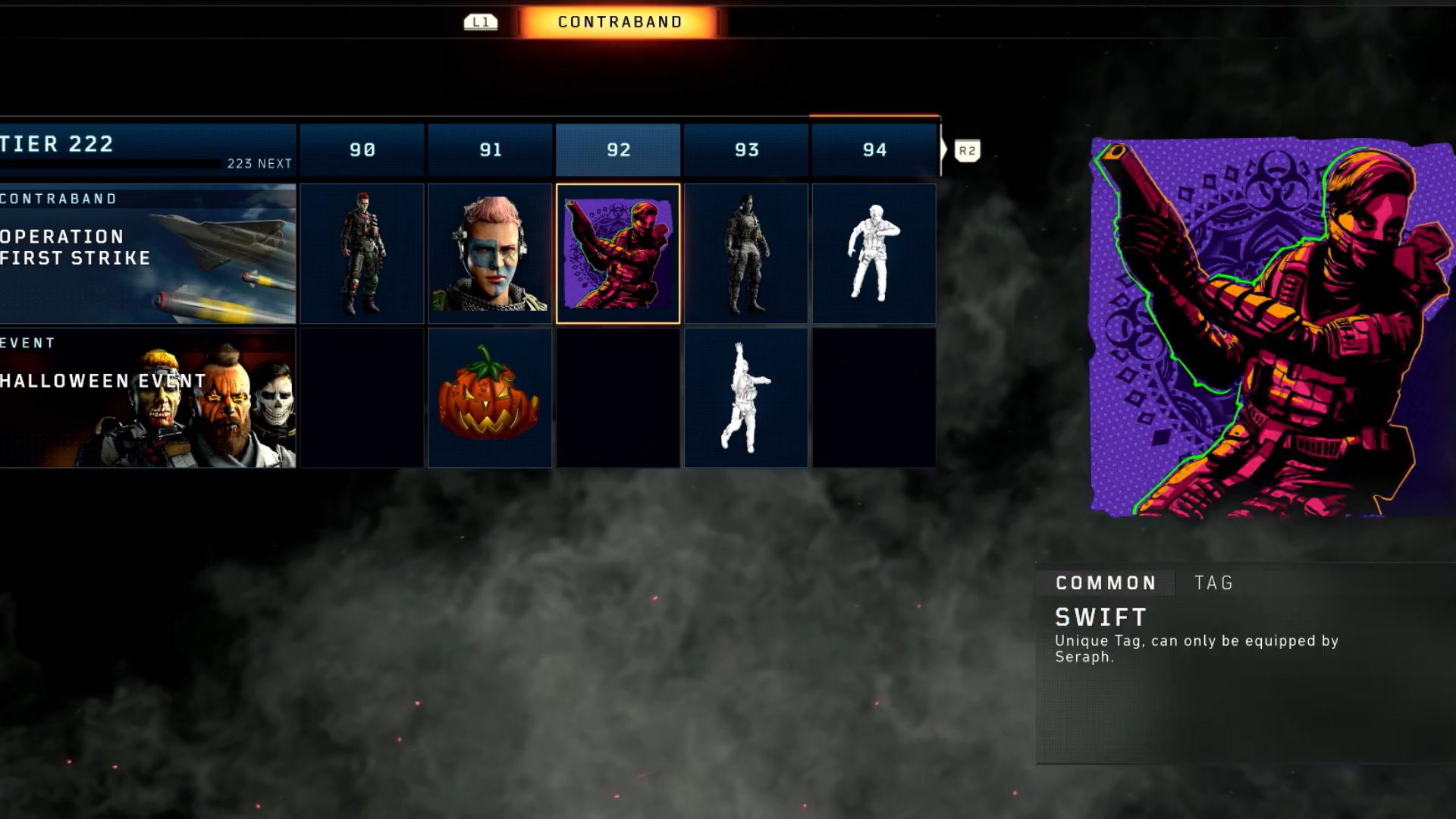 Official Call of Duty®: Black Ops 4 - Black Market Tutorial by Treyarch
Official Call of Duty®: Black Ops 4 - Black Market Tutorial by Treyarch
9. Counter-Strike Global Offensive’s Skin Gambling
CS:GO’s weapon skins launched a black market. Third-party sites turned Valve’s cosmetic items into gambling chips. Teenagers bet thousands, and some lost everything. By 2016, it spiraled into lawsuits and government investigations. Valve cracked down eventually, but only after regulators came knocking hard.
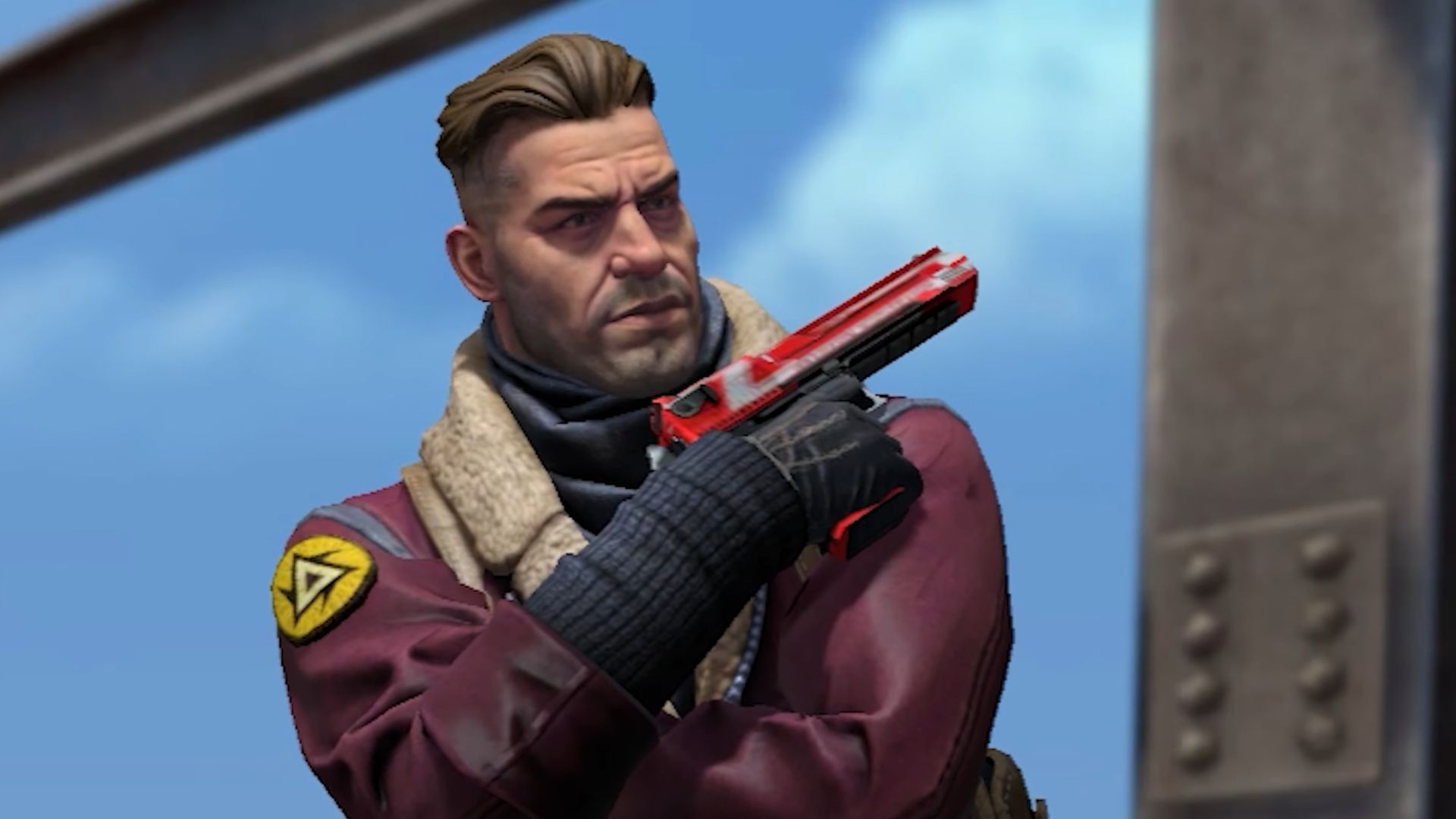 HOW TO TRADE SKINS IN CSGO!! | BASIC TRADING TUTORIAL by CAZE GAMING
HOW TO TRADE SKINS IN CSGO!! | BASIC TRADING TUTORIAL by CAZE GAMING
10. Plants Vs. Zombies 2 Monetizing Defensive Tools
Lawn mowers used to save your run. Then EA price-tagged them. With the 2013 sequel, Plants vs. Zombies 2 asked you to pay for basic survival. Strategy got sidelined by monetized insurance. What once protected your brain now preyed on your patience.
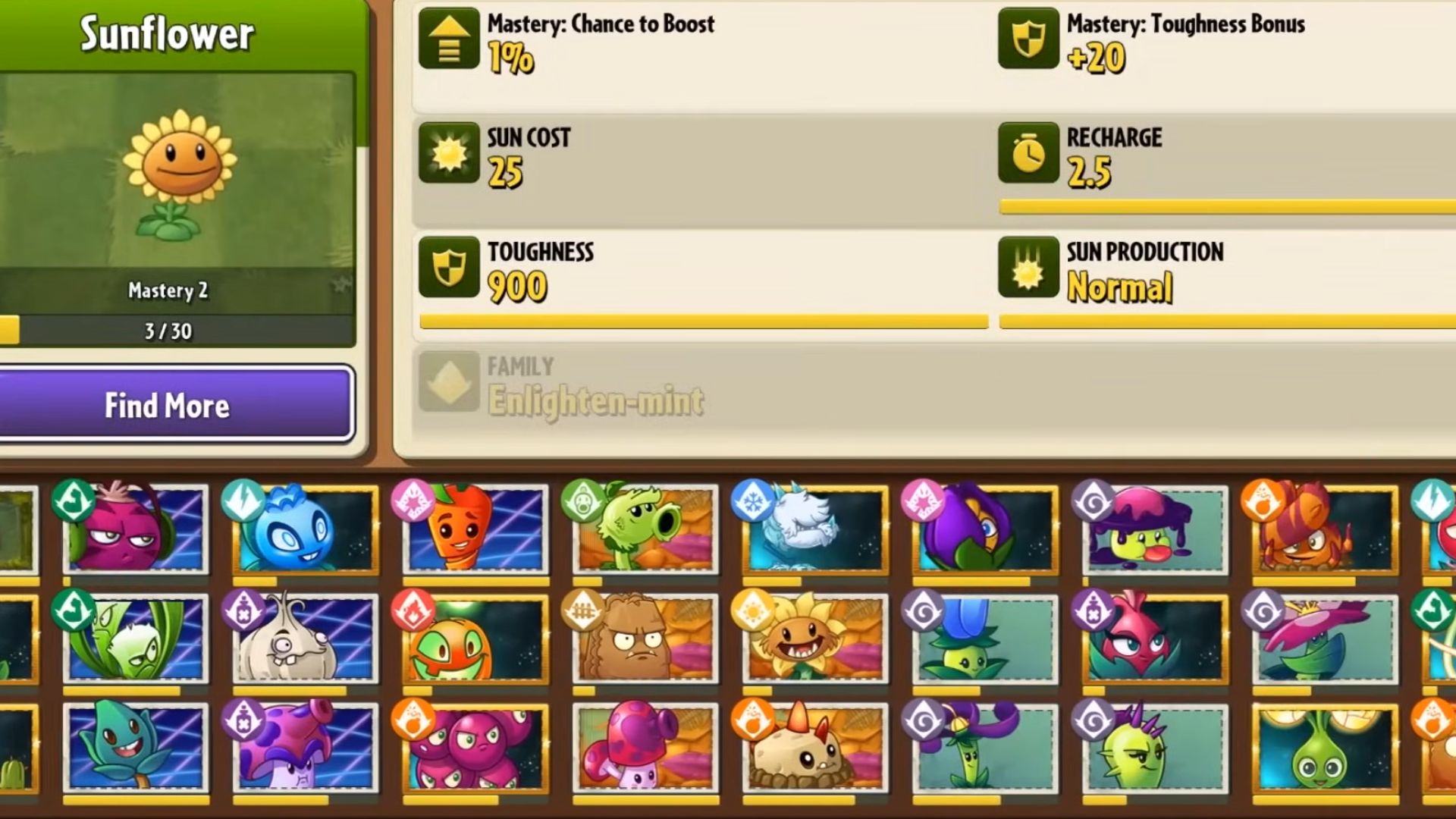 HOW TO TRADE SKINS IN CSGO!! | BASIC TRADING TUTORIAL by CAZE GAMING by Plants vs Zombies 2 The Game
HOW TO TRADE SKINS IN CSGO!! | BASIC TRADING TUTORIAL by CAZE GAMING by Plants vs Zombies 2 The Game
11. Dragon’s Dogma 2 One-Time Character Editor
Capcom's 2024 RPG gave you rich customization and charged you every time you changed it. The beauty editor was locked behind a consumable token. Every reworking of your character’s face or gender later demanded money. For a full-priced title, that felt like robbery.
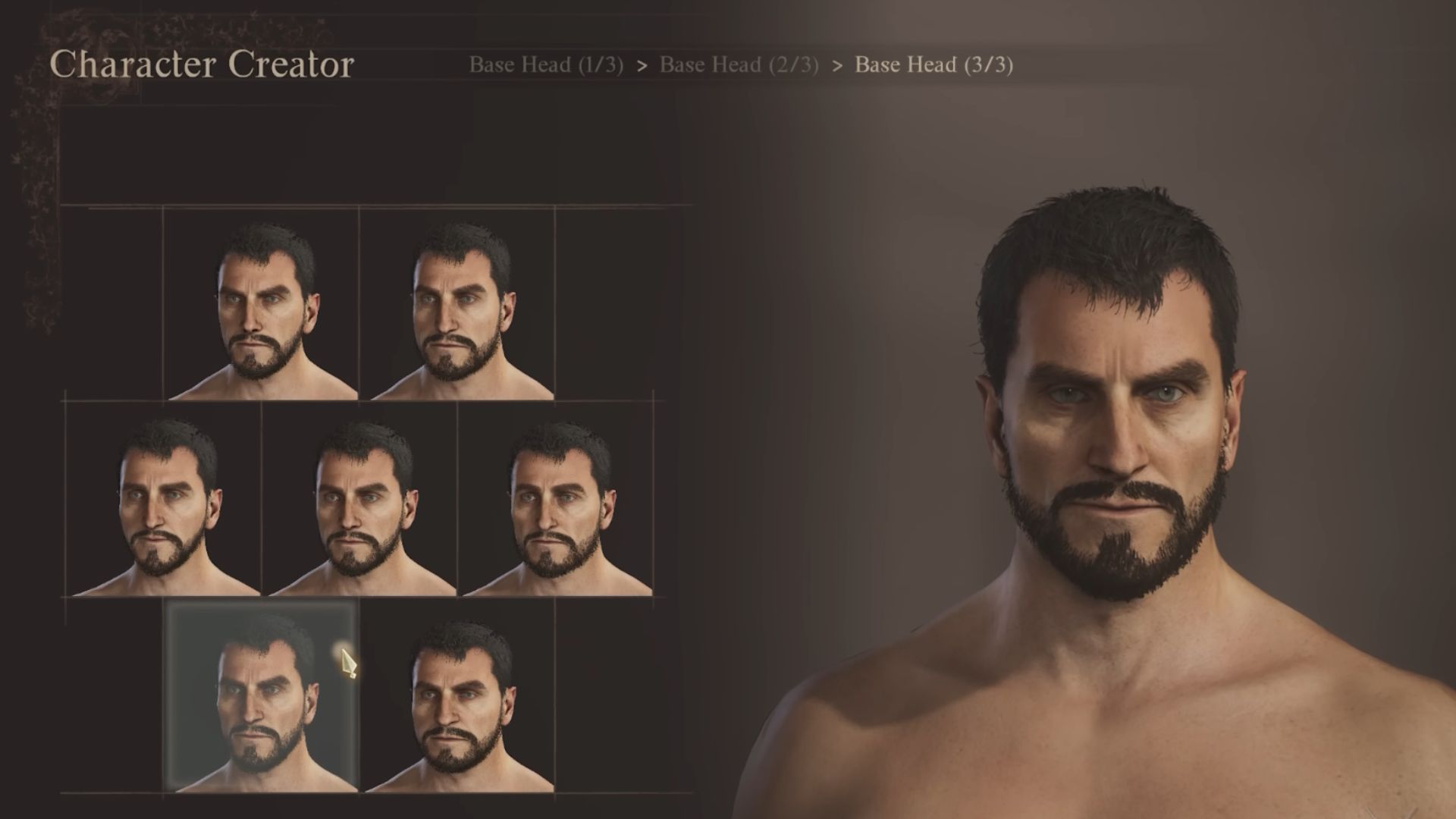 Dragon's Dogma 2 Character Creation is INSANE - BEST Community Creations by Fextralife
Dragon's Dogma 2 Character Creation is INSANE - BEST Community Creations by Fextralife
12. Splitgate 2 Launching With $80 Bundles
The marketing promised fresh energy for FPS fans. However, the monetization told another story. At launch in 2025, Splitgate 2 surprised everyone with $80 cosmetic bundles. Not just overpriced—tone-deaf. This move stirred community backlash and made critics question the studio's stated ideals.
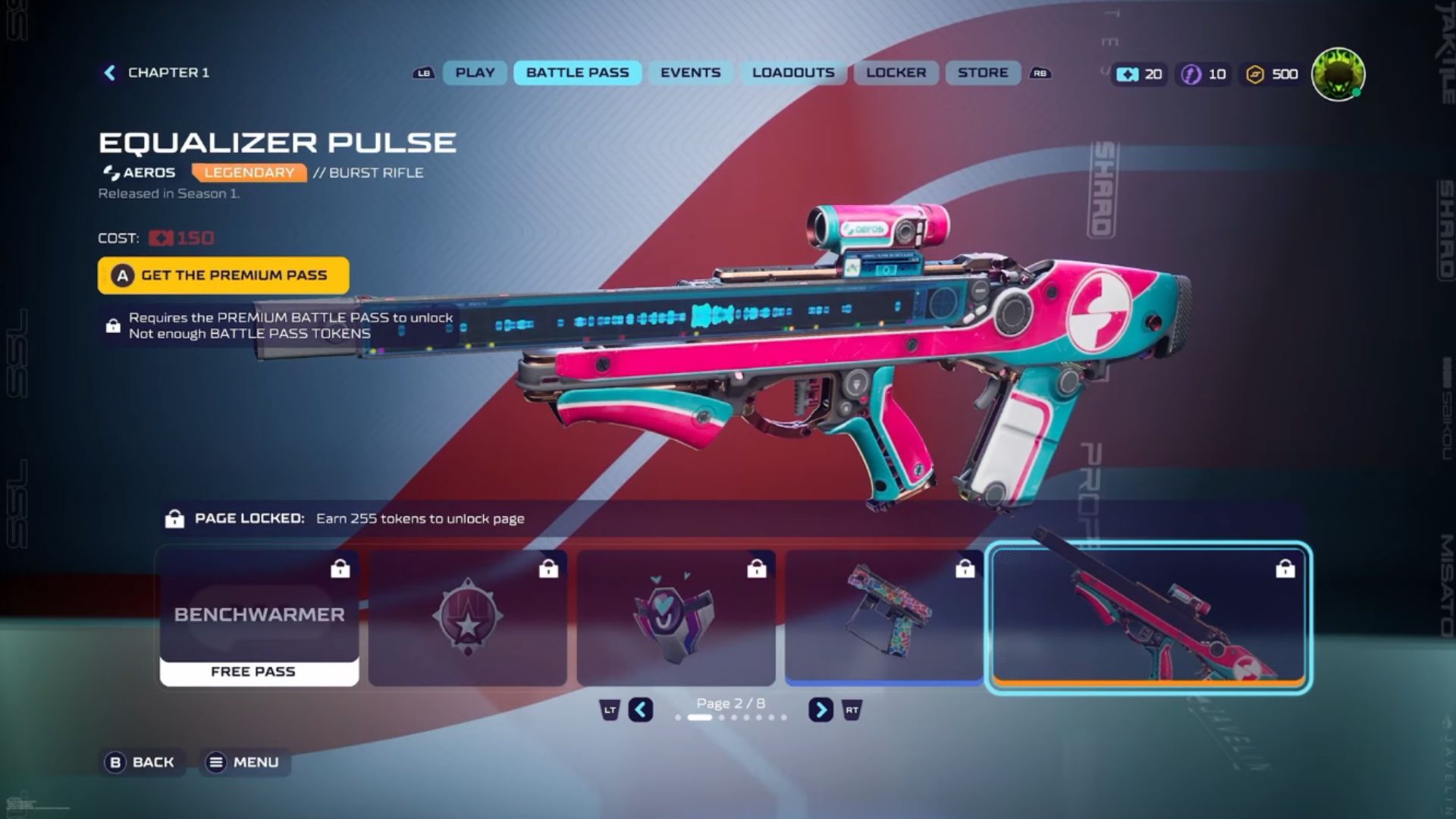 Is the SPLITGATE 2 store worth your money? by MAGPIE LEON
Is the SPLITGATE 2 store worth your money? by MAGPIE LEON
13. Pokémon Unite’s Stat-Boosting Items
This wasn’t just about outfits or emotes. Pokémon Unite launched in 2021 with upgradeable "held" items that gave real battle advantages. Speed buffs and attack boosts—players could skip grinding and pay for dominance. In a competitive arena game, that’s a mechanical imbalance by design.
14. Mario Kart Tour’s Gacha Pipe System
Instead of gaining characters through play, Nintendo introduced a pipe. Pull it, hope for luck, and maybe get Peach. This gacha system ran from 2019 to 2022, encouraging kids and adults alike to spend blindly. Complaints escalated to legal scrutiny, and Nintendo removed it.
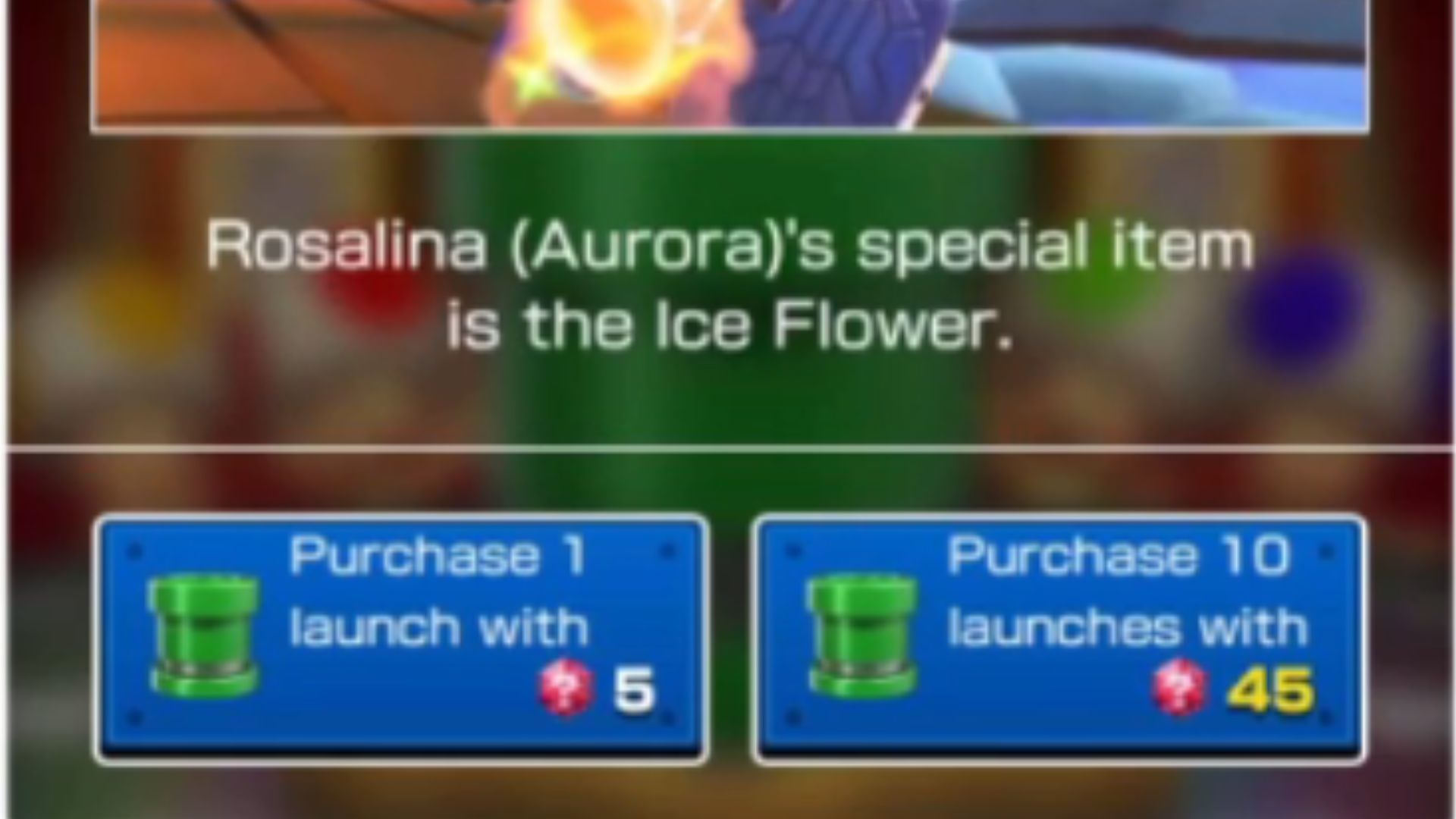 Do we get Rosalina (Aurora) - Mario Kart Tour (Gold Pipe Pulls) by UTAGaming
Do we get Rosalina (Aurora) - Mario Kart Tour (Gold Pipe Pulls) by UTAGaming
15. Mass Effect 3 Multiplayer Pay Packs
Even in a galaxy far from Earth, EA's love of randomized monetization followed you. In 2012, Mass Effect 3 tied character classes and weapons to multiplayer loot packs. These directly affected gameplay. You either grinded endlessly or paid up to compete effectively.
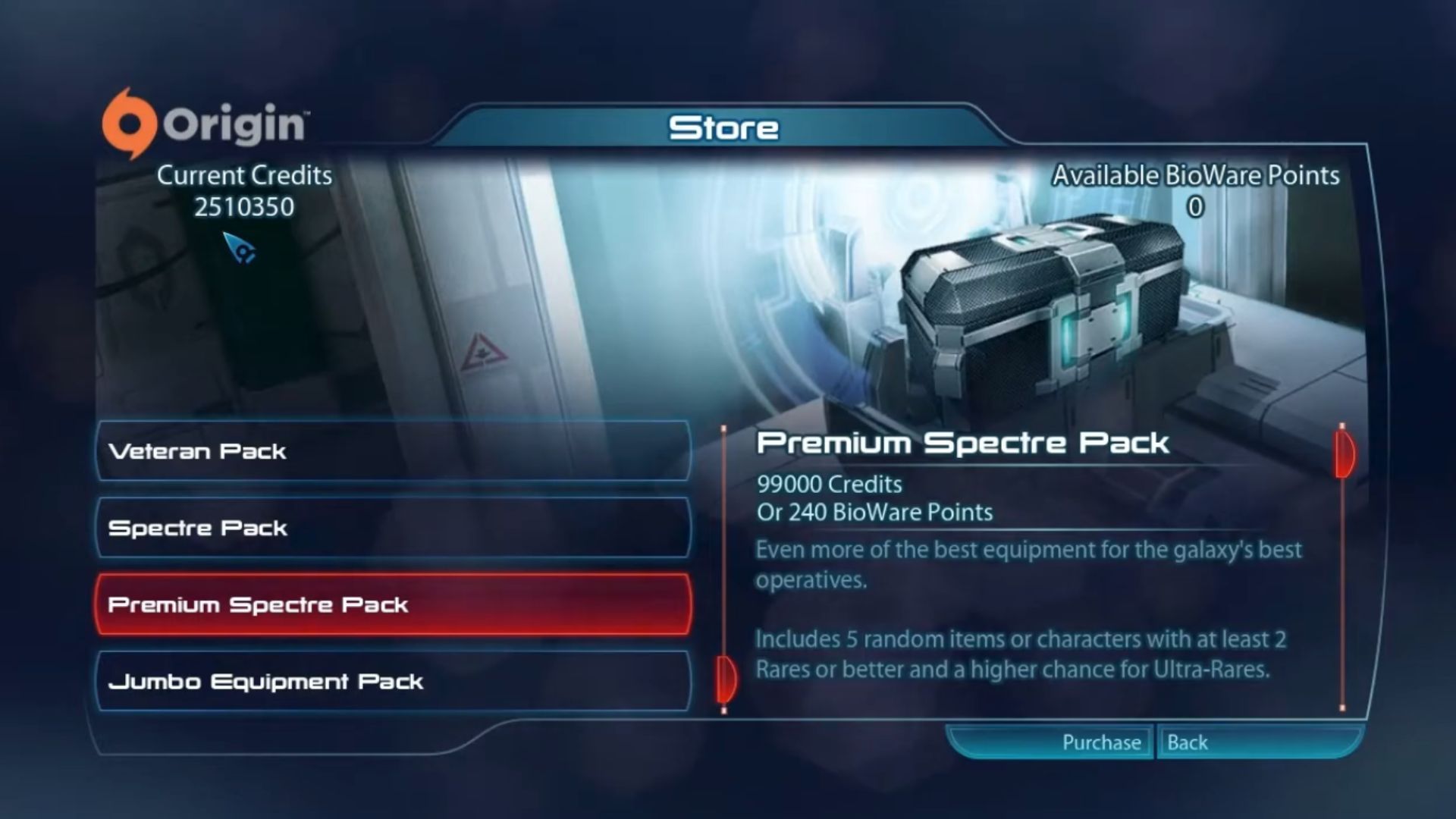 25 Premium Spectre Packs - 2.5 Million Mass Effect 3 Multiplayer credits by DeadEyeArrow
25 Premium Spectre Packs - 2.5 Million Mass Effect 3 Multiplayer credits by DeadEyeArrow
16. Fallout 76 Charging For Storage
It wasn't glitches or empty servers that sparked the worst outrage. Fallout 76's $12.99/month Fallout 1st subscription locked unlimited stash space behind a paywall. Launched in 2019, it turned inventory management into a premium feature, pushing survival fans toward frustration or checkout.
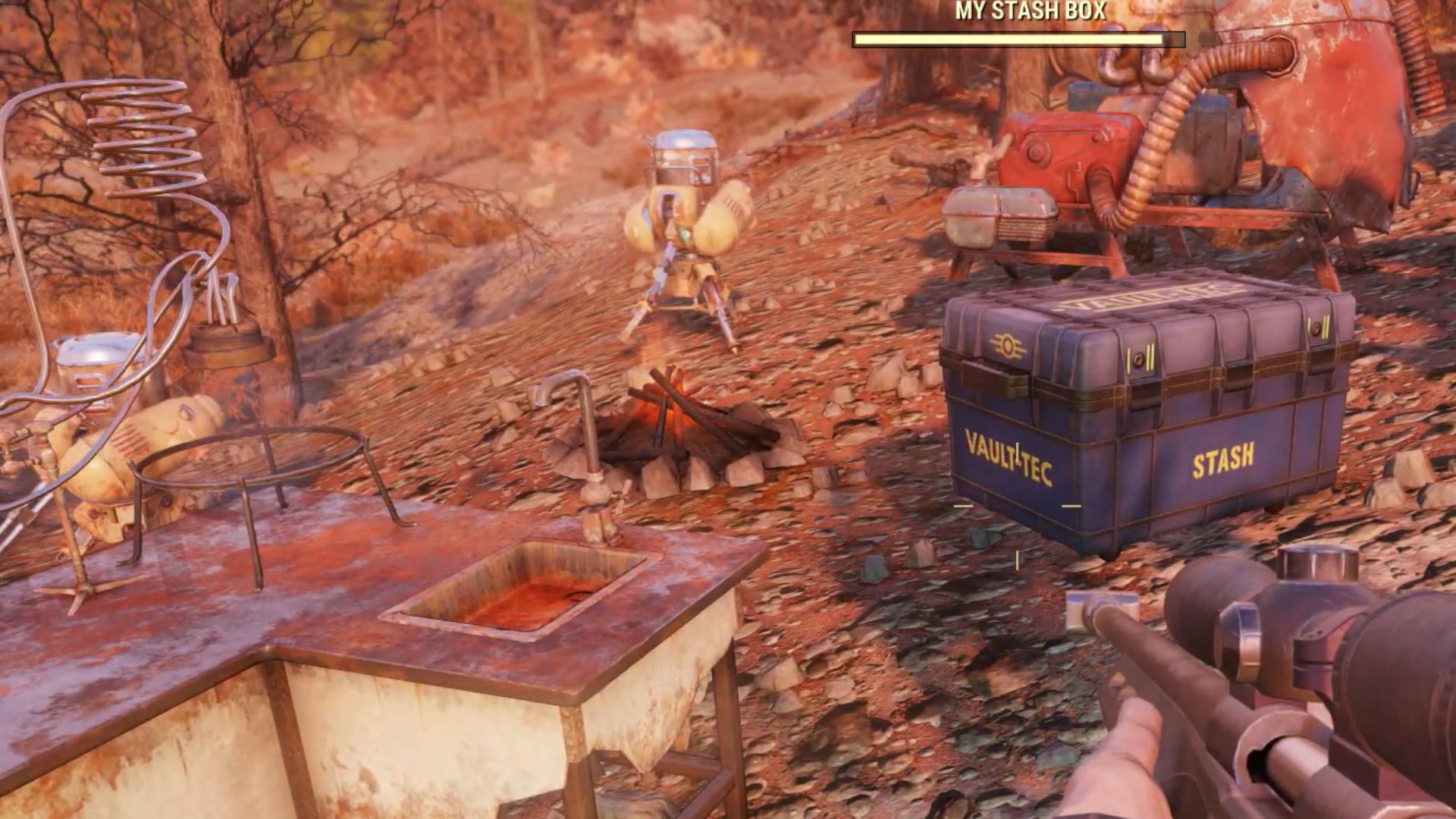 Fallout 76 how to increase stash , storage and inventory capacity by Neyreyan
Fallout 76 how to increase stash , storage and inventory capacity by Neyreyan
17. Evolve’s Day-One Microtransaction Overload
Before you even left the tutorial, Evolve offered you a buffet of paid content. Back in 2015, it launched with $136 worth of add-ons available on day one. Not post-launch or optional expansions. Day one. This fractured the player base instantly and buried long-term support.
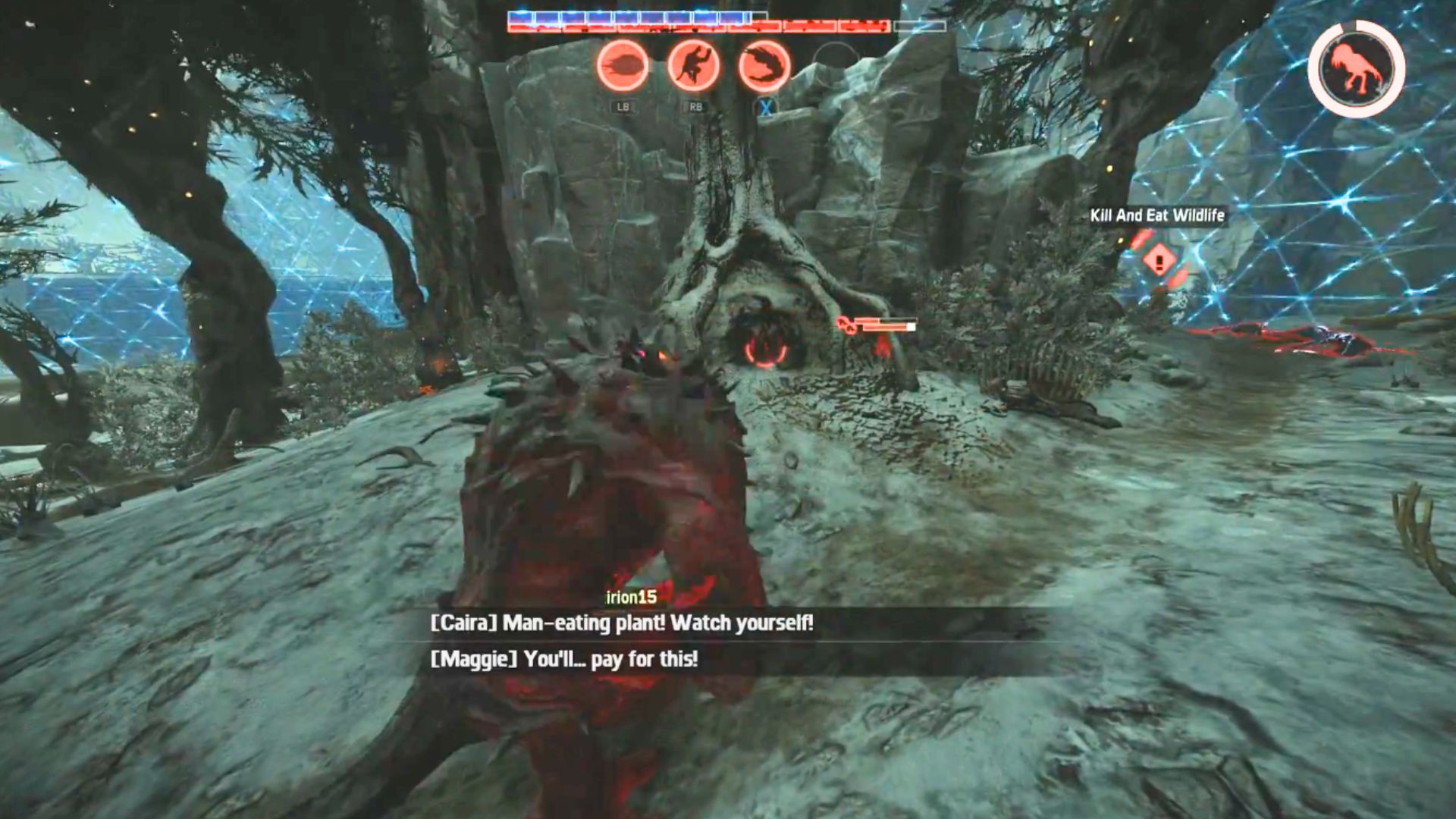 Why The Evolve DLC Plan Isn't That Bad (EVOLVE Day One DLC Controversey Thoughts) by BDobbinsFTW
Why The Evolve DLC Plan Isn't That Bad (EVOLVE Day One DLC Controversey Thoughts) by BDobbinsFTW
18. Overwatch's Randomized Loot Boxes
Overwatch didn't invent loot boxes, but it popularized them globally. Blizzard's colorful shooter made cosmetics drop randomly, starting in 2016, and only from timed boxes. Players couldn't buy specific skins. This design became so influential it triggered gambling investigations across Europe by 2018.
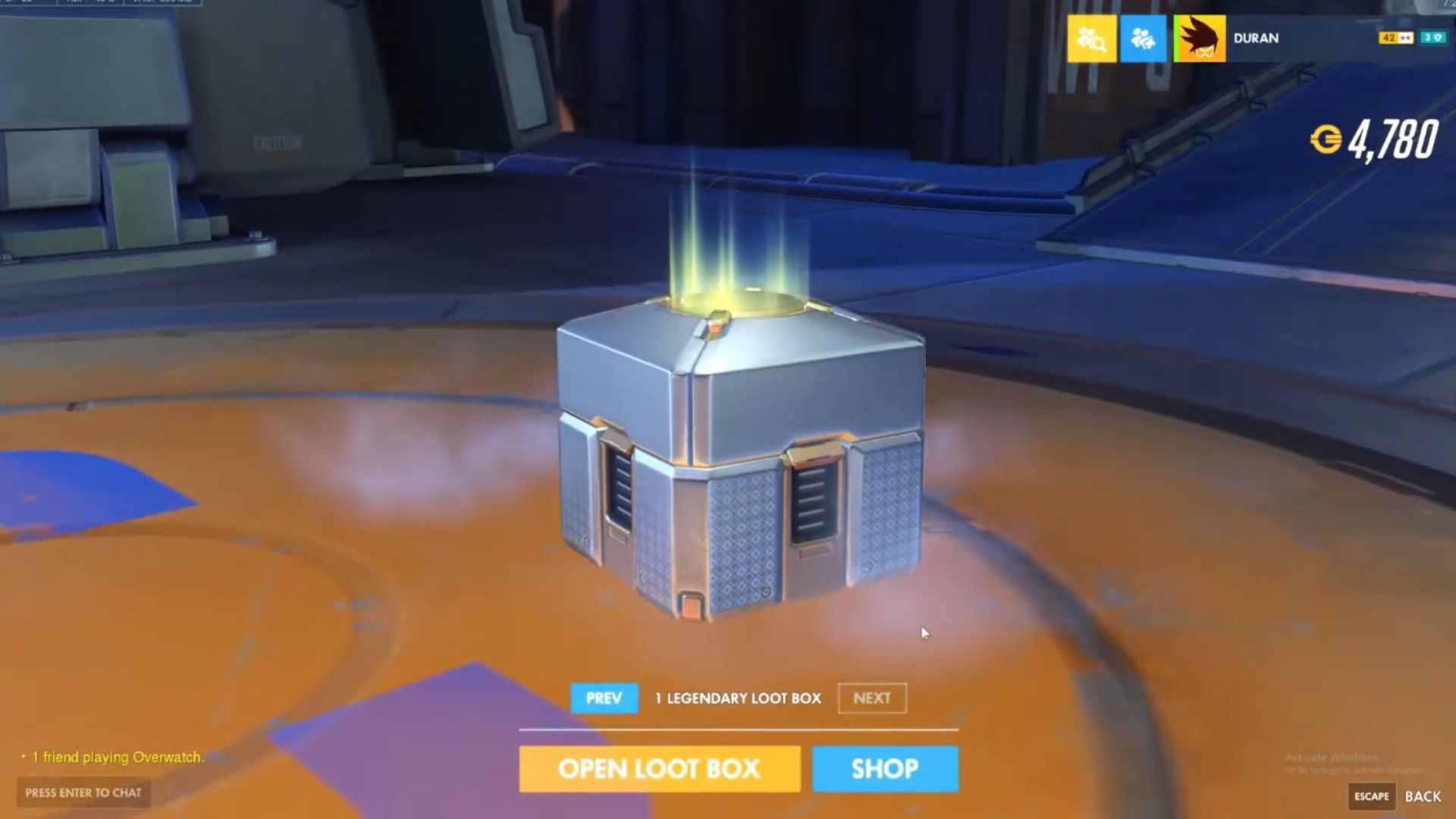 Every single Overwatch Lootbox Opening Animation by Duran 12617
Every single Overwatch Lootbox Opening Animation by Duran 12617
19. Diablo Immortal’s Legendary Gem Paywall
For a complete upgrade of your character here, some estimates placed the cost north of $100,000. This 2022 game tied power progression to legendary gems locked behind pay-to-access loot systems. It broke the trust of longtime Diablo fans.
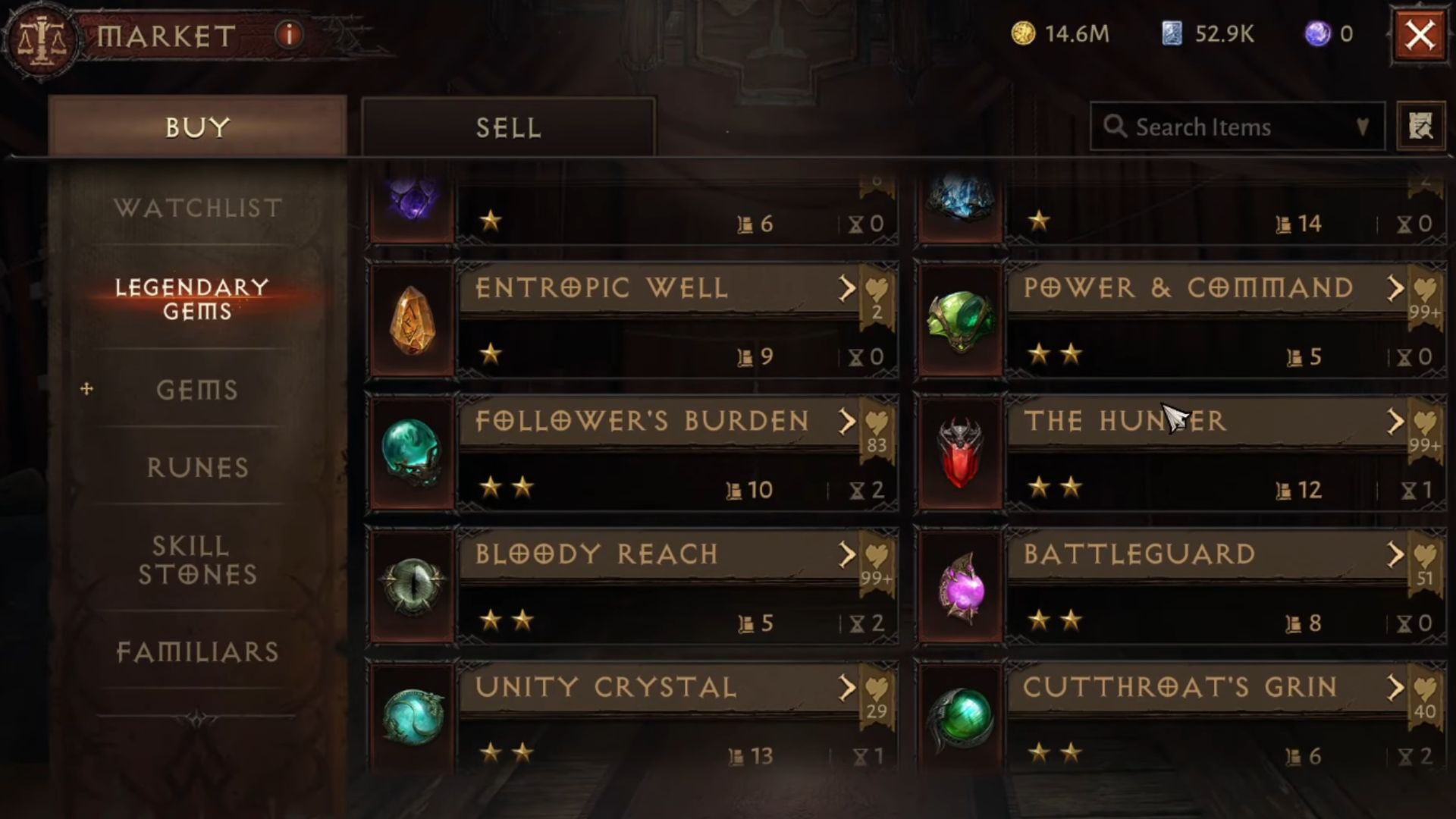 Legendary Gem Guide 2024 | Diablo Immortal by GaddTV
Legendary Gem Guide 2024 | Diablo Immortal by GaddTV
20. Apex Legends’ $170 Heirloom Cosmetics
Heirlooms aren’t ordinary skins—they’re mythic collectibles. But getting one in Apex Legends required opening 500 loot boxes, which translated to around $170. These were purely cosmetic, yes—but fans felt exploited by the intentional rarity and price-gating.
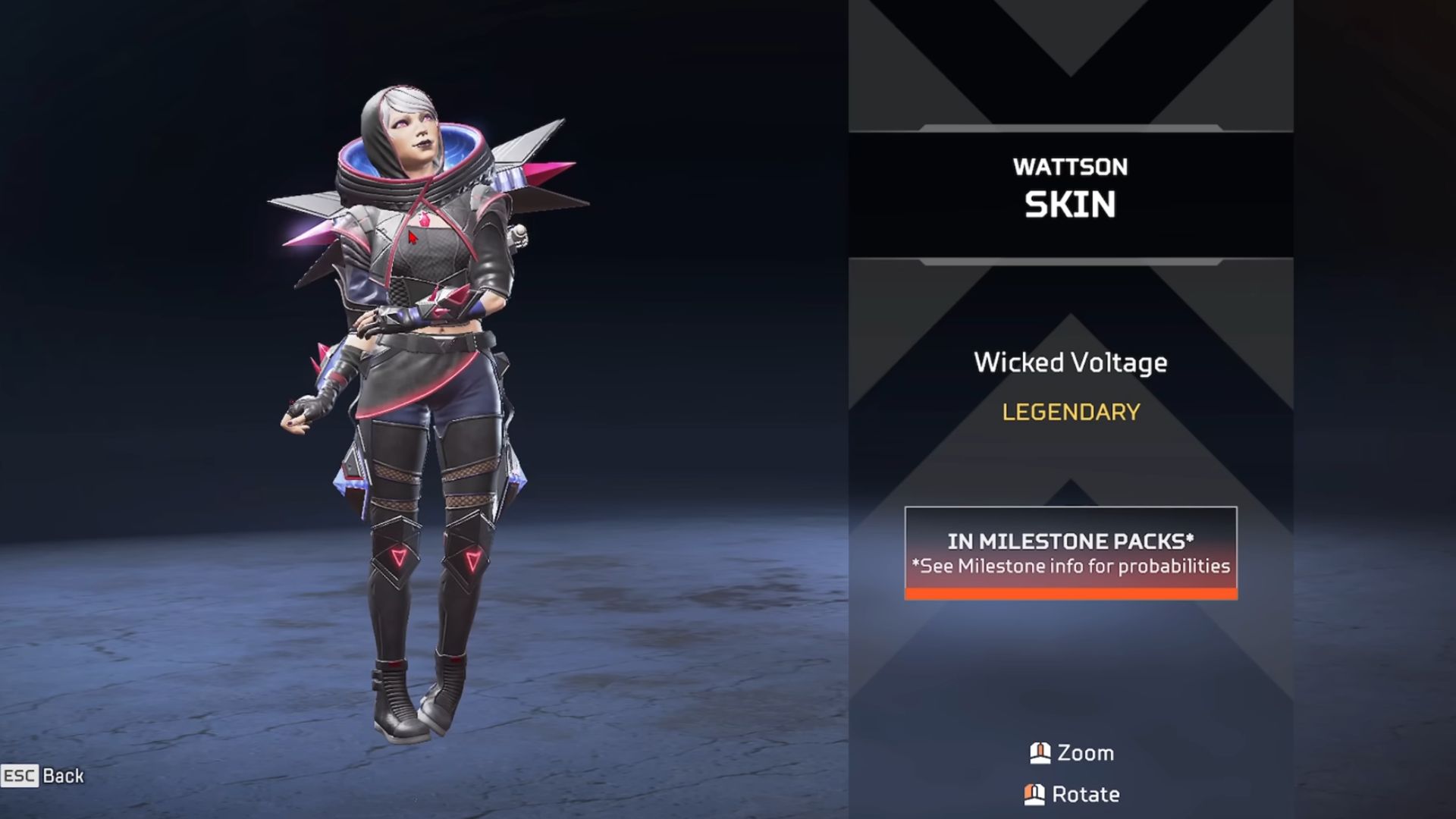 Raptors Claw Heirloom Animations Showcase Apex Legends Season 23 by Dazs
Raptors Claw Heirloom Animations Showcase Apex Legends Season 23 by Dazs


